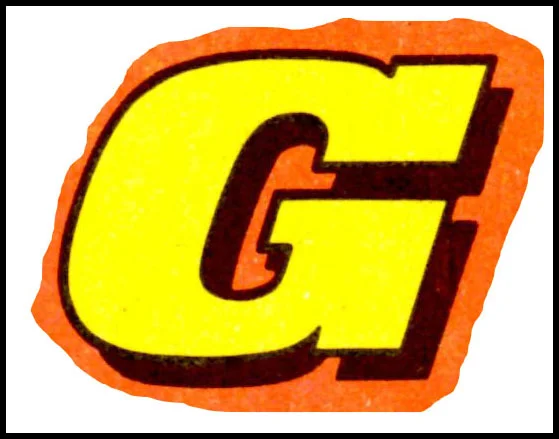On this day, 16 September 1978: Jinty
Cover artwork: Phil Townsend (Somewhere Over the Rainbow), Phil Gascoine (No Cheers for Cherry)
On this day, 16 September 1978 … I’m often drawn to the story-summary captions at the start of girls’ comics such as Jinty, as they illustrate just how rich in imagination and dramatic potential so many of these long-lost tales were. I could see any one of these (or those with captions included in the scans posted below) as promising pitches for a young adult novel, a CBBC TV drama or maybe even a modern-day graphic novel or manga.
Dance into Darkness: ‘A mysterious girl, Rozelle, had granted the heart’s desire of Della Benson, making her the best dancer at the disco. However, in return, Della had been tricked into taking over the girl’s family curse and becoming a “night-person”, unable to bear the light. Knowing the only way to pass on the curse would be to grant the heart’s desire of some other unfortunate girl, she had chosen unpopular Winnie Springett.’
Somewhere Over the Rainbow: ‘Christmas 1948, and the only home of orphaned East Londoners, Dorrie and Max Peters, was a cold pill-box. They were making their way, against all odds, to north Scotland, where they hoped to find happiness again at a home called Rainbow’s End.’
Wild Rose: ‘Rose Harding had left the circus life she loved when she discovered she’d been abandoned there as a baby by a gypsy with a moon-shaped scar. Now, running away from a fairground family, Rose was pretending to be a new schoolfriend of Angie. But Rose wasn’t used to staying in a house …’
The Human Zoo: ‘Shona and Jenny Lewis, along with other humans, were kidnapped by aliens and taken to a far planet. There, they were treated exactly like animals. The sisters were separated, Shona ending up first in a zoo, then as a pet of the zoo owner’s daughter, Tamsha. Now, to her horror, Shona has discovered that the aliens have got some of the humans unwillingly taking part in a bizarre “chimps’ tea party”.’
Thanks as always to A Resource on Jinty website for the creator credits. Their post on this particular issue makes the interesting observation that the comic’s final story, 7 Steps to the Sisterhood (drawn by Ron Smith), has an Indian girl as one of its principal characters, which is unusual for such a mainstream publication in 1978 and commendable for avoiding the grimmer tones of ethnic stereotyping that were more common at that time.
Dance Into Darkness: creators unknown
Sue’s Fantastic Fun-bag: Hugh Thornton-Jones (artist)
Somewhere Over the Rainbow: Alison Christie (writer), Phil Townsend (artist)
Somewhere Over the Rainbow: Alison Christie (writer), Phil Townsend (artist)
No Cheers for Cherry: Phil Gascoine (artist)
No Cheers for Cherry: Phil Gascoine (artist)
Wild Rose: Jim Baikie (artist)
Clancy on Trial: Ron Lumsden (artist)
Clancy on Trial: Ron Lumsden (artist)
The Human Zoo: Guy Peeters (artist)
The Human Zoo: Guy Peeters (artist)
Alley Cat: Rob Lee (artist)
7 Steps to the Sisterhood: Ron Smith (artist)
7 Steps to the Sisterhood: Ron Smith (artist)



